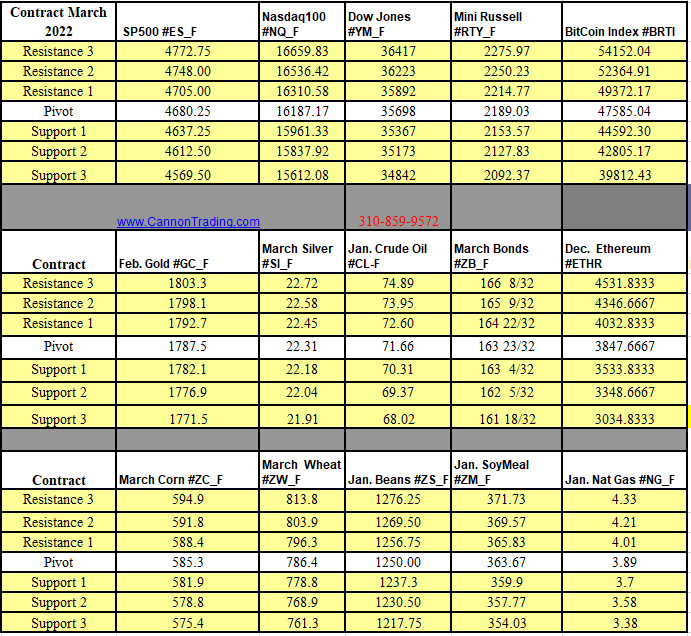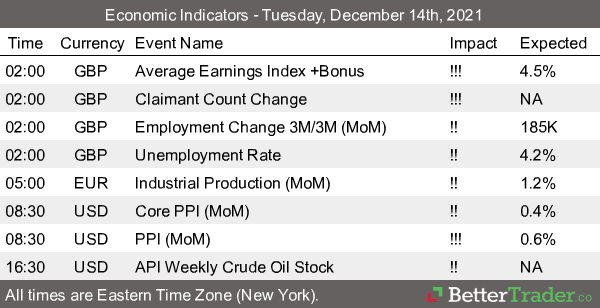Find out more about trading futures options with Cannon Trading Company here.
In the dynamic landscape of financial markets, trading futures options has emerged as a versatile and sophisticated strategy. This strategy allows traders to harness the potential of both futures contracts and options contracts, creating a hybrid approach that offers unique opportunities for risk management, speculation, and portfolio diversification. In this comprehensive article, we will delve into option trading techniques, the role of the Chicago Board Options Exchange (CBOE), the significance of reputable futures brokers with exceptional execution capabilities, and a detailed analysis of Cannon Trading Futures Brokers and their reviews on TrustPilot.
Option Trading Techniques: A Blend of Flexibility and Leverage
Option trading techniques are a cornerstone of modern financial markets, providing traders with the ability to speculate on price movements, hedge risk, and even generate income. Trading options on futures, often referred to as options on commodities, adds another layer of complexity by combining the characteristics of two distinct financial instruments.
There are several popular option trading techniques employed by traders:
- Covered Calls: This strategy involves holding a long position in the underlying futures contract and simultaneously selling a call option. Traders use this technique to generate income from the premium received on the call option while potentially benefiting from limited upside price movement.
- Protective Puts: This strategy is designed to hedge against potential downside risk. Traders buy a put option on the underlying futures contract to lock in a minimum selling price, offering protection in case the market moves unfavorably.
- Straddle and Strangle: These are volatility-based strategies. A straddle involves buying a call option and a put option with the same strike price and expiration date, while a strangle involves purchasing out-of-the-money call and put options. These strategies are used when traders expect significant price movements but are uncertain about the direction.
- Iron Condor: This is a combination of selling an out-of-the-money call spread and an out-of-the-money put spread. It’s a strategy to profit from low volatility and a relatively stable underlying market.
The Role of CBOE: Pioneering Options Trading
The Chicago Board Options Exchange (CBOE) has played a pivotal role in shaping the landscape of options trading. Established in 1973, the CBOE introduced standardized options contracts, making options trading more accessible and transparent. Over the years, the exchange has expanded its offerings to include options on a wide range of assets, including equity indexes, ETFs, and futures contracts.
CBOE’s contributions to the options market include the development of the Black-Scholes options pricing model, which revolutionized the way options were valued. This model takes into account variables such as the underlying asset’s price, time to expiration, volatility, and interest rates to determine an option’s fair value.
Importance of Futures Brokers with Execution Excellence
In the realm of trading futures options, the role of a futures broker cannot be overstated. A reputable futures broker acts as an intermediary between traders and the market, providing access to trading platforms, market data, and execution services. One of the key factors that sets brokers apart is their execution quality.
Efficient and timely execution is crucial in futures options trading, where market conditions can change rapidly. A reliable broker ensures that traders’ orders are executed at the desired price and within the shortest possible time frame. Slippage, the difference between the expected execution price and the actual price at which the trade is executed, can significantly impact trading outcomes. Therefore, choosing a broker with a track record of consistent and accurate executions is paramount.
Exploring Trading Strategies with Cannon Trading Futures Brokers
Cannon Trading Company is a prominent futures broker known for its comprehensive services and commitment to execution excellence. Established in 1988, Cannon Trading Company has earned a reputation for catering to a diverse clientele, including institutional traders, individual investors, and hedgers.
Cannon Trading Company offers a range of trading strategies that align with different risk profiles and market outlooks:
- Trend Following: This strategy involves identifying and capitalizing on established market trends. Traders using this approach analyze historical price data to identify patterns and enter positions in the direction of the prevailing trend.
- Spread Trading: Spread trading involves simultaneously buying and selling two related futures contracts to profit from price differentials between them. It’s a strategy often used in commodities markets, where price discrepancies between related contracts are common.
- Options Selling: Cannon Trading provides options on futures traders the opportunity to engage in selling options to generate premium income. This strategy involves assuming the obligation to buy or sell the underlying futures contract if the option buyer decides to exercise their option.
TrustPilot Reviews and Broker Reputation
TrustPilot serves as a platform where clients can provide feedback and reviews about their experiences with various service providers, including futures brokers. Cannon Trading’s presence on TrustPilot allows traders to gauge the broker’s reputation based on real-world experiences of its clients.
Positive reviews on TrustPilot often highlight aspects such as superior customer service, robust trading platforms, transparency in pricing, and, most importantly, reliable and efficient order execution. These reviews not only provide valuable insights to prospective clients but also reflect the broker’s commitment to maintaining high standards of service.
Trading futures options presents traders with a unique opportunity to combine the advantages of both futures and options contracts. Option trading techniques, such as covered calls, protective puts, and volatility-based strategies, offer flexibility and diverse approaches to trading. The CBOE’s contributions have been instrumental in shaping the options market, and a reputable futures broker’s role in execution excellence cannot be overstated. Cannon Trading Company and its team of Futures Brokers, with their comprehensive strategies and positive TrustPilot reviews, exemplify the significance of a broker’s reputation and execution quality in the realm of futures options trading. As markets continue to evolve, traders will continue to seek ways to harness the potential of trading futures options in their pursuit of financial success.
Ready to start trading futures? Call 1(800)454-9572 and speak to one of our experienced, Series-3 licensed futures brokers and start your futures trading journey with Cannon Trading Company today.
Disclaimer – Trading Futures, Options on Futures, and retail off-exchange foreign currency transactions involves substantial risk of loss and is not suitable for all investors. Past performance is not indicative of future results. You should carefully consider whether trading is suitable for you in light of your circumstances, knowledge, and financial resources. You may lose all or more of your initial investment. Opinions, market data, and recommendations are subject to change at any time.












